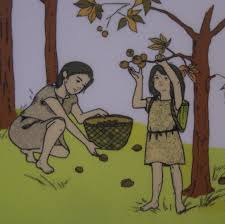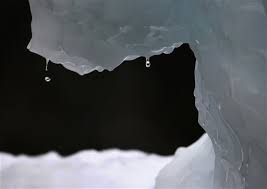Global warming is shifting the way the Earth wobbles on its polar axis, a new NASA study finds. Melting ice sheets — especially in Greenland…

Nature (journal)

Increased meat in ancient hominin diets, beginning about 3 million years ago, meant that guts (large and small intestines) could become shorter because they could…

Treatment and prevention of life-threatening infections could be improved by research that reveals how bacteria are kept in check. Researchers have discovered how the immune…

When you cut and burn a tropical forest, you’re left with a barren plain of cracked red mud, incapable of supporting life – the opposite…

Clouds play a bigger role in the melting of the Greenland ice sheet than was previously assumed. Compared to clear skies, clouds enhance the meltwater…

There's no question about it. A new epoch—the Anthropocene—has begun. So says an international group of geoscientists, in a paper published Friday in the journal…

Scientists have found an abrupt change about 6,000 years ago in how terrestrial plant and animal species coexisted, right about the time human populations were…

A team of researchers from Stony Brook University, led by Yusuf Hannun, MD, the Joel Strum Kenny Professor in Cancer Research and Director of the…

In less than one human lifetime, some of the planet’s richest and most vital coastal habitats could disappear. Sea-level rise is expected to flood and…

The good news: there are over 3 trillion trees covering the Earth—that's far higher than the 4 billion estimated just two years ago, a team…

Widespread drought-sensitive butterfly population extinctions could occur in the UK as early as 2050 according to a new study published today in the scientific journal…

In Margaret Atwood’s powerful essay [It’s Not Climate Change It’s Everything Change] on the reality of climate change and its implications for the future of…
